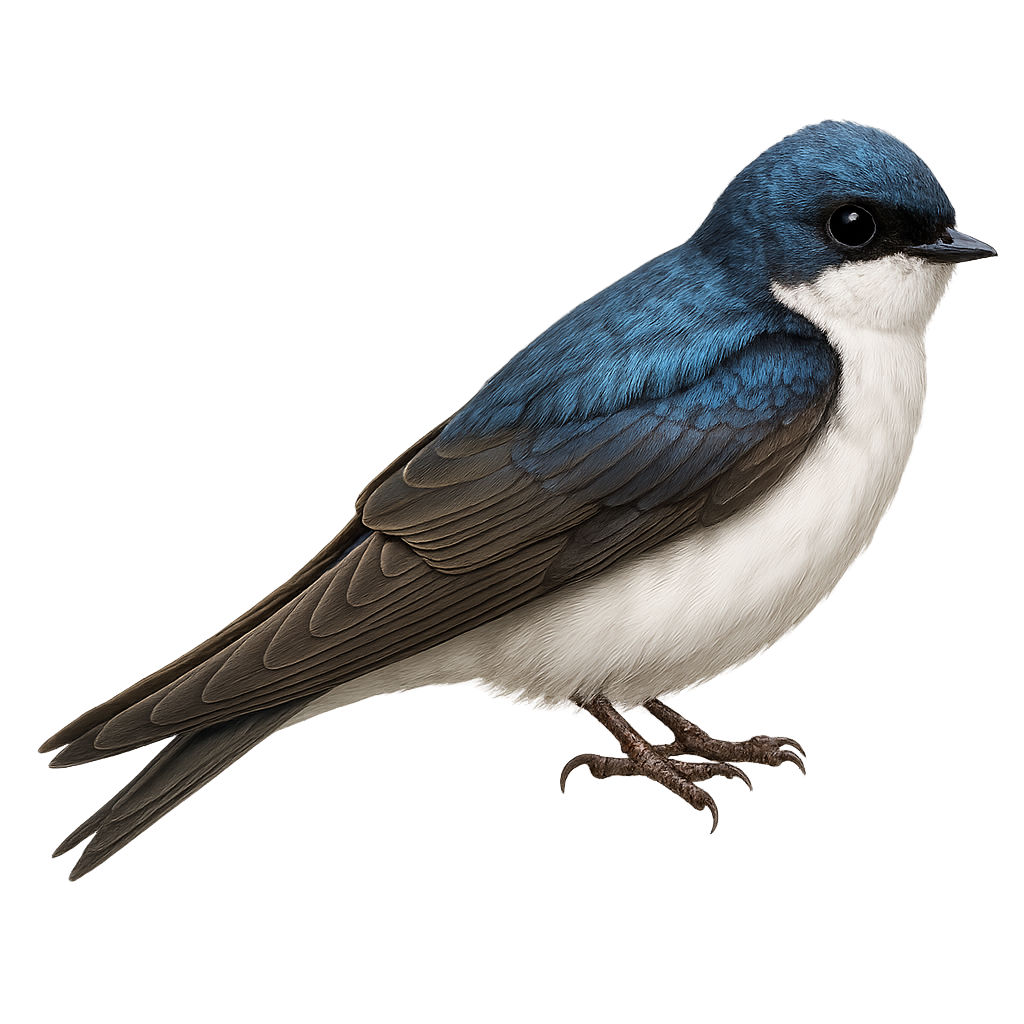Your wildlife photography guide.
Explore the tree swallow in detail, study its behavior, prepare your shots.
Where to observe and photograph the tree swallow in the wild
Learn where and when to spot the tree swallow in the wild, how to identify the species based on distinctive features, and what natural environments it inhabits. The WildlifePhotographer app offers tailored photography tips that reflect the tree swallow’s behavior, helping you capture better wildlife images. Explore the full species profile for key information including description, habitat, active periods, and approach techniques.
Tree Swallow
Scientific name: Tachycineta bicolor

IUCN Status: Least Concern
Family: HIRUNDINIDAE
Group: Birds
Sensitivity to human approach: Tolerant
Minimum approach distance: 10 m
Courtship display: April to June
Incubation: 14-16 jours
Hatchings: May to July
Habitat:
Open areas, near water, meadows
Activity period :
Primarily active during the day, with peak activity in the morning and late afternoon.
Identification and description:
The Tree Swallow, or Tachycineta bicolor, is a small migratory bird belonging to the Hirundinidae family. It is recognizable by its iridescent blue-green back and white belly. This bird is often observed in open areas near water, where it hunts flying insects. Tree Swallows are known for their aerial agility and ability to perform fast and acrobatic flights. They typically nest in natural or artificial cavities, and their breeding season extends from spring to summer. These birds are social and can often be seen in groups, especially during migration.
Recommended lens:
400mm – adjust based on distance, desired framing (portrait or habitat), and approach conditions.
Photography tips:
To photograph the Tree Swallow, it is advisable to use a 400mm lens or longer to capture precise details of its iridescent plumage. Choose a location near water where these birds are active. Be patient and wait for them to perch or slow down their flight to get sharp shots. Morning or late afternoon light is ideal to highlight the colors of their plumage.
From knowledge to field practice
A species profile helps you understand an animal. In the field, the challenge is often different. Remembering your own observations.
The WildlifePhotographer app allows you to:
• record your personal observations
• note locations, dates, and behaviors
• revisit your field references over time
• build a private and long-term field logbook
The app does not provide observation locations.
It helps you organize what you actually observe, with respect for wildlife.

